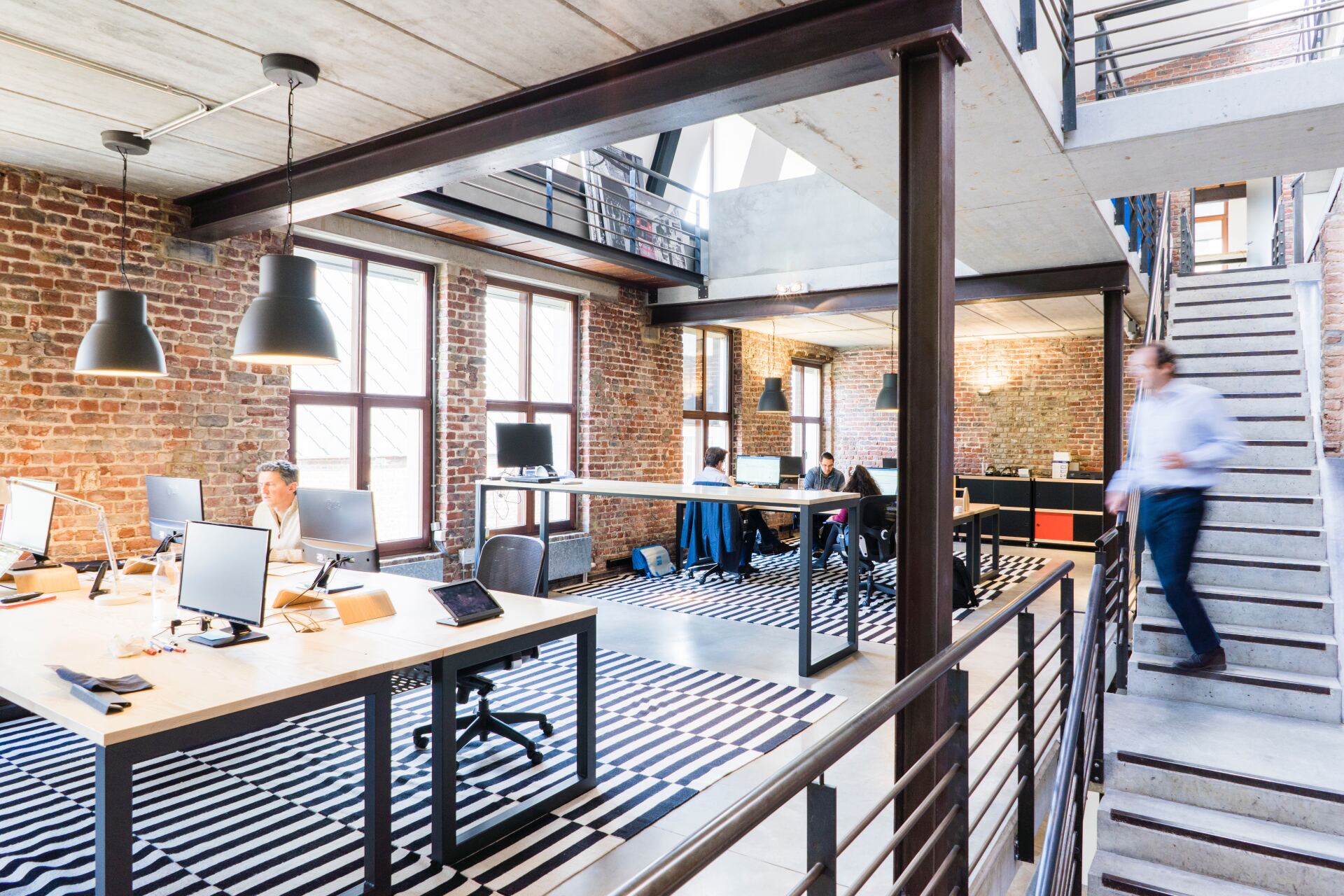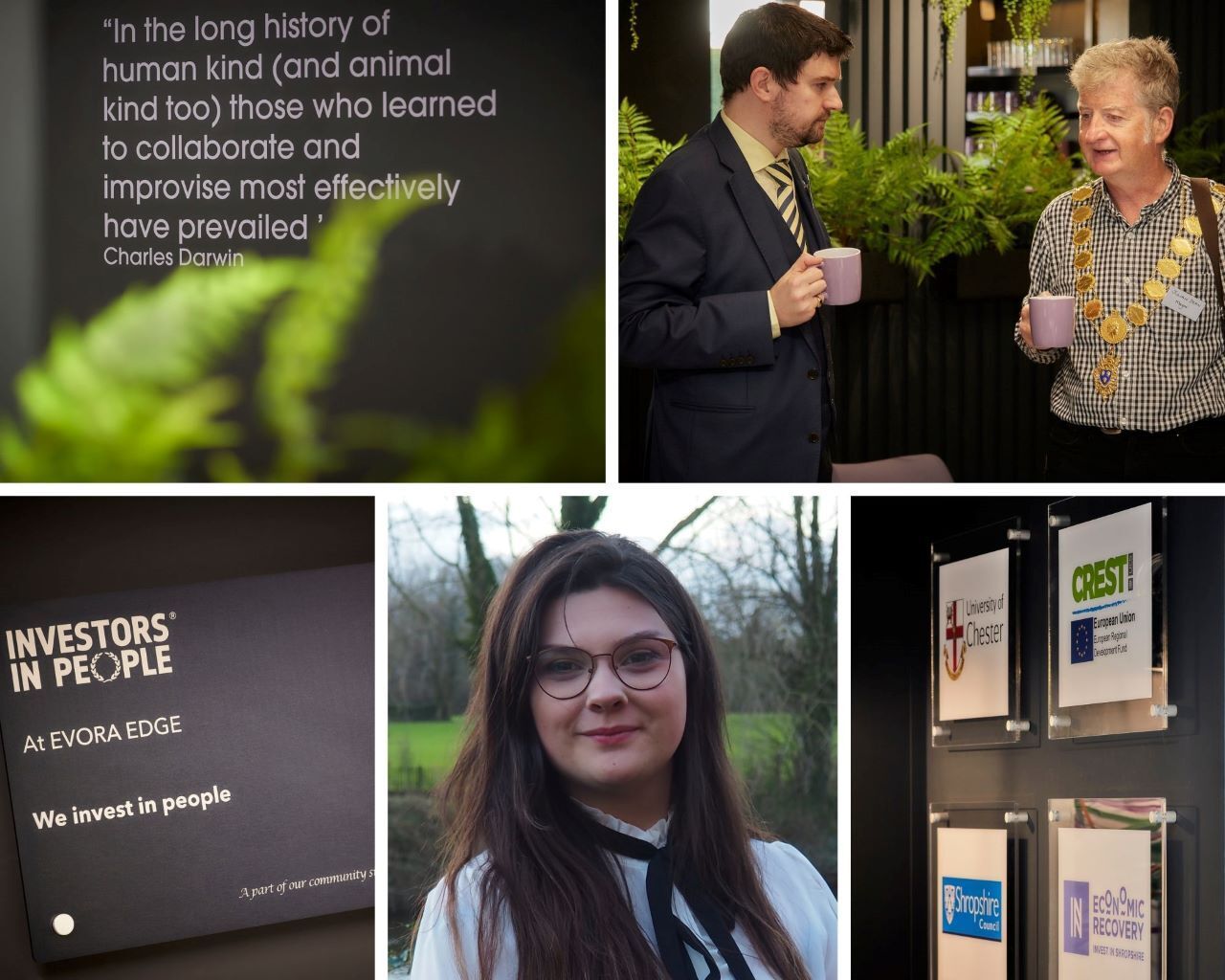Giving back to our local community might also help our recruitment challenges
We’ve been giving a lot of thought to recruitment in the past few months and how this intersects with the ‘social’ aspect of our ESG policy.
Resero has expanded rapidly over the past few years but in doing so we have become acutely aware of the deep skills shortages facing our sector. There are just not enough building services engineers, building services technicians, building physicists and energy modellers globally, let alone in the UK.
A recent survey of specialist contractors in the UK construction industry by the Building Engineering Services Association (BESA) found more than half (52%) had unfilled vacancies because of a shortage of applicants with the required skills and qualifications. It is estimated that more than 200,000 experienced workers have left the construction sector since the start of the pandemic.
Mixing skillsets
We face an additional problem because what differentiates resero is that our consultancy straddles what are often siloed skillsets. We combine knowledge of mechanical and electrical engineering systems with that of sophisticated digital twins and energy models. We are increasingly drawing on the skills of software developers, data analysts, surveyors and valuers as we strive to develop solutions to some of the biggest challenges facing existing commercial properties.
Anyone who joins us usually has a learning curve in at least one of these areas making the recruitment task even more difficult.
But this also means we can offer a challenging and enjoyable career step for those wanting to learn new skills and apply them in a sector where millions of pounds are at stake and the sustainability impact is tangible.
As consultants we can also act as the final rung of a career ladder that should be a powerful driver for social mobility. Consultancy is traditionally seen as a degree entry sector, but we no longer see that as the only point of entry. There is real value in the practical knowledge and experience of those who have grown up in and around the plantroom. This experience ensures our technical solutions, proposals and advice is informed by ‘real world’ understanding.
However, we do need our consultants to be confident when making decisions in high-risk situations, to be able to distill and communicate technical complexity to non-technical professionals, to write clearly and succinctly and be able to think outside the box for holistic solutions.
But how can we find and develop these well-rounded consultants when those early rungs in the career development ladder appear to be missing?
Growing our own
We looked first at developing our own internal career pathways and progression opportunities. We support the team to upskill, gain additional qualifications and professional membership with organisations such as CIBSE. We also require each member of our team to have a personal development plan to ensure they are thinking about how they want to develop their career so that we are all working towards the same goal.
We know employee wellbeing and engagement can be boosted by activities such as volunteering so we have supported our team to take 12 days of paid leave to undertake volunteer activities within their local communities.
But this got us thinking about community involvement and our social impact. Surely this can and should go beyond individuals volunteering? Could this involvement also help resolve some of our own recruitment challenges?
Investing in our local community
We have always worked flexibly, including home working and flexi-hours. The buildings we work with are located all over the UK and Europe for large blue-chip pension fund managers and property managers. This for a long time prevented us from regarding ourselves as linked or connected to any particular community other than our established professional community.
And our headquarters in central Shrewsbury, in a beautiful and peaceful spot overlooking the River Severn, is a lovely place to work but it often raises eyebrows in corporate meetings. Clients and partners expect our base to be in a major city such as London, Manchester or Birmingham.
Yet this location aligns with our values as an employer perfectly. Our offices are in the former water works ‘pump house’ building. It has become Shrewbury’s first net zero carbon office with biomass boilers, solar heating and solar PV. It is ten minutes from public transport and on connected cycle lanes but without the concrete jungle of an inner city location. This means we are able to reduce our company’s carbon footprint and support our team's mental wellbeing as they can take lunchtime walks along the Severn or commute in from beautiful countryside in less than 15 minutes.
As tenants in the building we are also supporting those landlords who are improving the sustainability credentials of their buildings. But we have realised we can and should do more.
Shrewsbury is a community at the hard edge of climate change. The town has been flooded numerous times recently. It’s progress on decarbonising the built estate is hampered by a lack of local knowledge, skills shortages and a lack of cohesion among all the stakeholders.
We have a duty to share our expertise with the community that houses us and take a leadership role if we need to. We decided to invest in creating the Pump House Knowledge Hub – a space in our headquarters dedicated to sharing knowledge and expertise for all those involved with sustainable buildings in Shropshire. We have set it up in collaboration with the University of Chester and Shropshire County Council.
Our initial motivation was to try and build momentum on the transition to a net-zero carbon in the local built estate. But we have also realised that this could be a vehicle to help us secure a long-term pipeline for our recruitment needs.
Our involvement with the university is leading to student placements, input on course development and opportunities for research projects. We are making connections with other local training organisations and working to help them understand our needs as a local employer.
Building a virtuous cycle
We have just made our first foray into the world of apprenticeships with a business support apprentice. Once we have our internal systems set up, we want to investigate the options around offering engineering apprenticeships to local students and job hunters.
I’ve also been making time to accept appointments to local boards and organisations - the Shropshire Business Board, the buildings working group for Zero Carbon Shropshire and a board member on the CREST industry advisory group.
Through this I’m making connections with other local employers in this sector. My hope is that together we can start to build an attractive career pathway for building services and energy engineering in Shropshire.
Our hope is that we can develop and retain skills in the area and potentially even attract talent from nearby urban centres who want to live in an attractive, tight-knit, rural community but still progress their career. This in turn boosts the local economy and so it becomes a virtuous cycle.
We are at the very beginning of our journey of understanding how we can improve our social impact and meet our business needs at the same time. We are not experts but figuring it out as we go along.
However, the scale of the task facing us in decarbonising the built estate by 2050 cannot be underestimated and I’m increasingly of the view that neither can it be separated from the task of regenerating and strengthening local communities and developing the skills required for a greener and more resilient economy.
Find out more about working for resero and the opportunities available on our
careers page. Alternatively please drop us an email on info@resero.co.uk or call us 01743 341 903.













